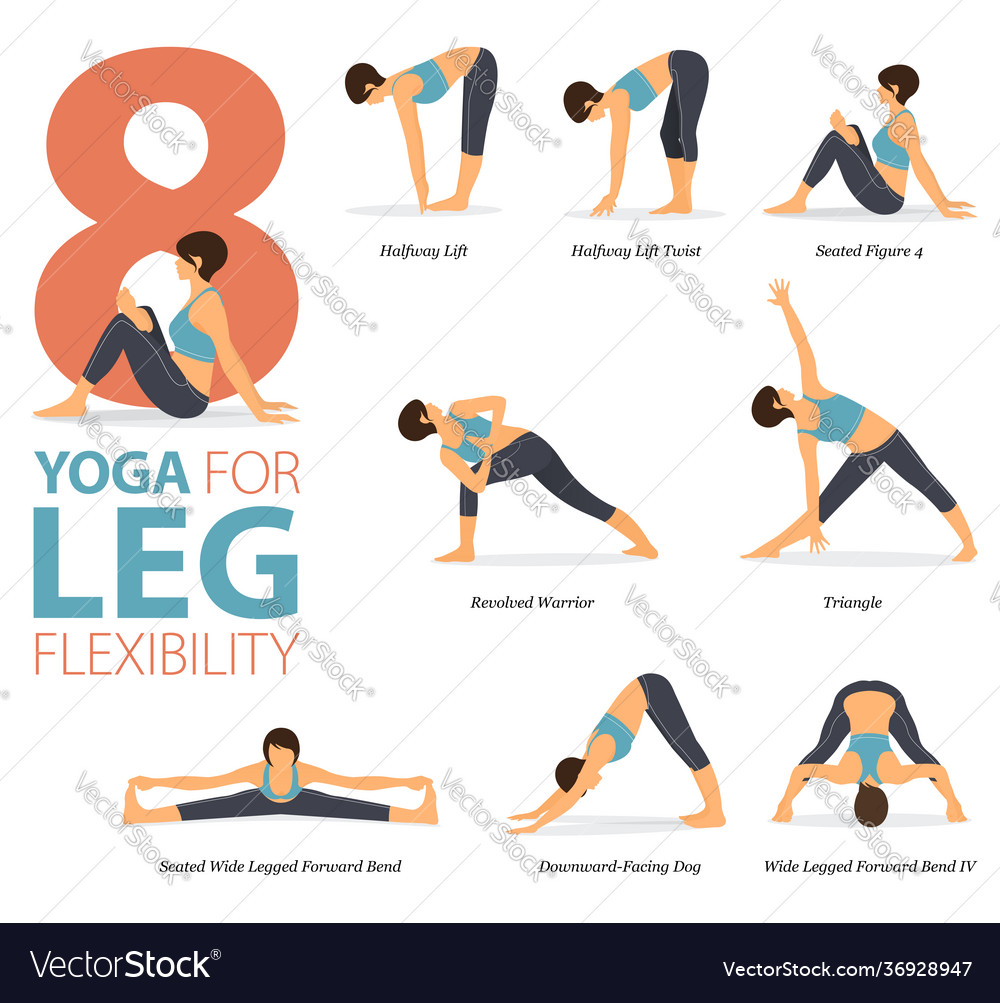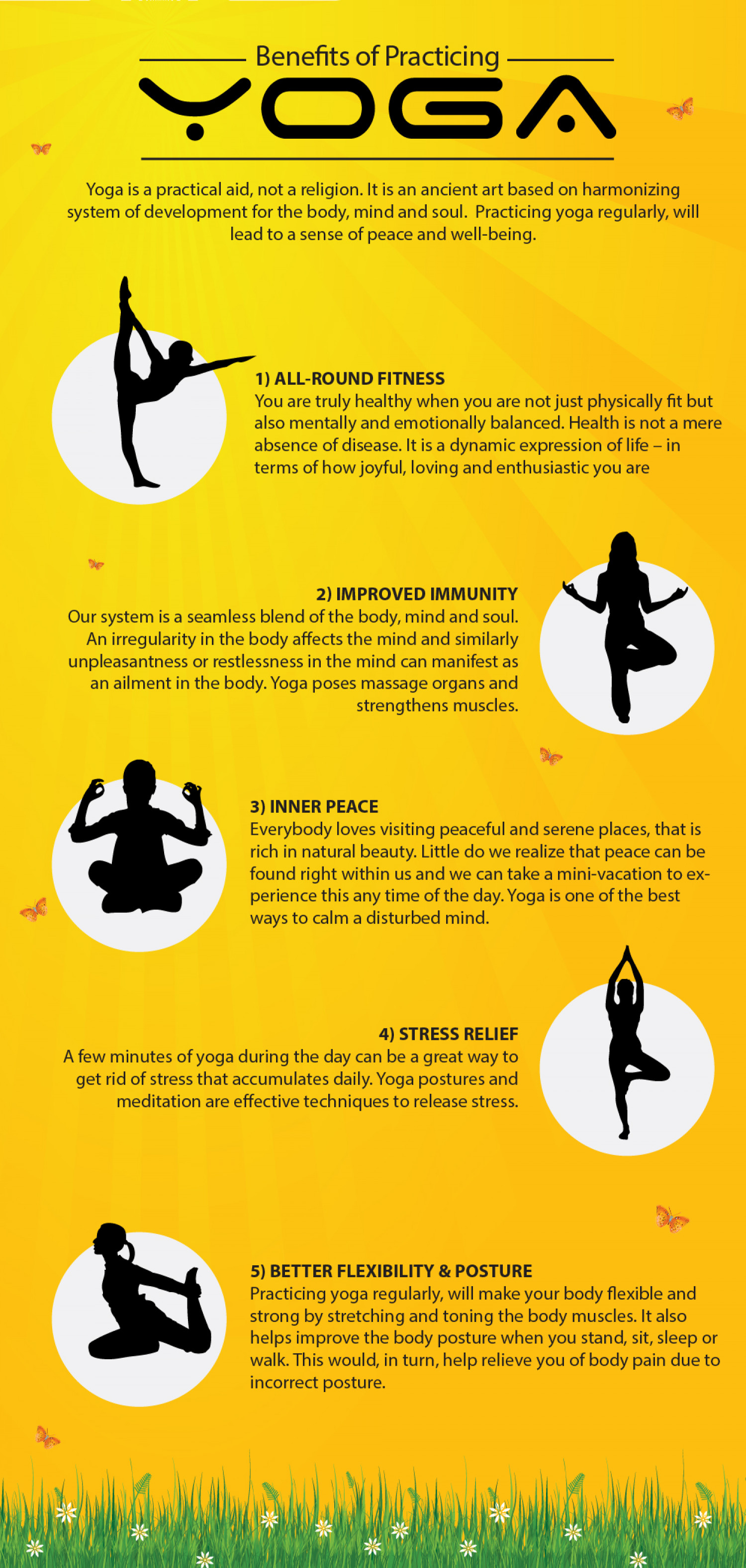
It doesn't matter if your goal is to learn an exercise routine or to take a class on the internet, there are some essential items you need. The equipment you will need to get started is likely to include a yoga mat, yoga blocks, a folded blanket, and a smart computer or TV. Before you begin your yoga practice, make sure that all your equipment is ready. You'll have the best chance of succeeding!
Child's Pose
Child's poses are gentle and can be integrated into your morning routine. The pose will strengthen your hips, shoulders, lower back, and upper back. It can be used as a restorative pose in between more strenuous poses, or as a restorative pose in itself when you're out of breath. Child's Pose is a great way to release stress and tension and to create a sense of serenity.
Child's pose is a good way to relax the shoulders and neck, as well as open the hips. The pose can be held for up to five minutes before you release it. For beginners, the modified version can be used to increase their flexibility. Advanced yoga practitioners can also unlock more complex versions of standard poses as they progress in their practice. This is the perfect pose for anyone who wants to improve their flexibility.

Child's Pose should not be done if you have pain in your back. Start by focusing on your back with Cat-Cow Pose. You can then progress to Child's Pose later. It is also important to consider your neck position. To support your neck, you can use yoga blocks or pillows. The pose is also beneficial for pregnant women. After challenging poses, take a break.
Stand for your shoulders
Whether you're just starting your yoga practice, or you've been practicing for years, the Shoulder Stand poses are sure to benefit your overall well-being. This powerful pose can help relieve stress, strengthen your arms, legs, digestion, and open your shoulders. You can safely do this pose for most people. If you have injuries or other health concerns, consult your doctor before starting.
Shoulder Stand should always be part of your morning yoga practice. Inversions are good for blood circulation. Your body receives more oxygen and nutrients from the new blood flow. Abdominal strength is required to achieve a shoulder-stand. This strength can be built by practicing three preparatory poses such as Chakrasana and Boat Pose.
Shoulder Stand is an integral part of your morning routine. It increases immunity, improves circulation, and treats digestive and reproductive problems. It is also known to tone the abdominal muscles. It can even be beneficial to people who have had frequent abortions and are suffering from syphilis.
Fish

Adding a few minutes of fly fishing yoga to your morning routine will not only benefit your fishing trip but also your body. This ancient practice incorporates meditation and breathing techniques. You might be surprised at how relaxed your morning yoga class makes you feel. It is a great way for you to strengthen your back. Fishing can be quite a challenge so add fishing to your yoga routine before heading out.
FAQ
What are the 5 ways to improve wellbeing?
"Wellbeing" is defined as "the state that you are physically, mentally and spiritually happy." There are many factors that affect our well being, including work, family, health, relationships and finances. Your first step in improving well-being and your quality of life is to identify which areas need improvement. Then, try to change these things for the better.
Here are five tips to boost your well-being.
-
Exercise - Physical activity boosts endorphins which make us happier.
-
Sleep - Sleeping more than 6 hours per night decreases stress and anxiety.
-
Nutrition - Eat healthy foods, such as fruits and veggies, to boost your mood.
-
Meditation - Regular meditation reduces stress and anxiety.
-
Socialization: Spending quality time together with our families and friends makes us happy.
What does a psychologist say about mental health?
Psychologists believe that mental well-being is an integral part of human development. They believe mental health does not simply refer to having no mental illness but also being mentally fit.
Mental health can be viewed from different perspectives by psychologists. Some psychologists think that mental health is not necessary because there are so many people who have no mental illnesses. Other psychologists believe mental health is crucial because we cannot function properly without it.
Why is mental health important?
Mental health is vital for everyone. Mental health is vital for anyone. It is important to have a healthy mind.
Our bodies will begin to show signs of stress if they aren't feeling well. This can lead to problems like headaches, stomach aches and backaches. To keep our bodies and minds healthy, we must take care ourselves.
Why is it important to have a healthy mind?
Work, play and learn. Love. Mental health refers to our overall wellbeing. We're referring to physical, psychological, social, spiritual, and environmental factors that impact us daily. The good news is that there are many ways to care for yourself mentally, physically, emotionally, spiritually, socially, and environmentally. You don’t have to do it all. Just get started!
Understanding where your mental health stands now is the first step toward improving it. Take this quiz to find out if you're doing enough to support your mental health. If your score is low you might need to change your lifestyle.
You scored well, congratulations! Here are some things you can do that will help improve and maintain your mental health.
-
Get enough sleep You can keep your brain sharp, energized and alert by getting enough sleep. The American Academy of Pediatrics (AAP), recommends that children get 7 to 8 hours of sleep per night.
-
Exercise Regularly. Exercise releases endorphins that make you feel happy. You should aim to exercise for 30 minutes five times a week.
Statistics
- Appropriate nutrition and exercise are likely among the most efficacious and cost-effective positive mental health interventions. (ncbi.nlm.nih.gov)
- It does have some influence, but not nearly as much as we might think, so focusing less on attaining wealth will likely make you happier (Aknin, Norton, & Dunn, 2009); (positivepsychology.com)
- Neuropsychiatric diseases are the leading cause of death and disability in the U.S., accounting for 18.7 percent of all years of potential lifespan loss and premature mortality.
- According to the National Alliance of Mental Illness (NAMI), one in five Americans experiences mental health issues which translates to more than 40 million adults a year. (doctorondemand.com)
- Similarly, for positive mental health, there is likely to be substantial agreement about some typical components (e.g., resilience to stress) 6, and controversy about more atypical components (e.g., career consolidation). (ncbi.nlm.nih.gov)
External Links
How To
How to improve memory
Everyone would like to have better memory. But unfortunately, memory loss is something that happens to us all at some point in time. More than half of Americans aged 65 and older suffer from dementia.
No matter if you are dealing with Alzheimer's disease, dementia or any other form of cognitive decline, there are many options to improve your memory. Here are three simple steps to take right away:
-
Get More Fruits and Vegetables. The antioxidants, vitamins, minerals and fiber found in fruits and vegetables can help boost brain function. They are also rich in essential nutrients that help prevent neurological diseases.
-
Get enough sleep. Lack of sleep has been linked with memory loss and poor concentration. Make sure you get seven to eight hours of restful sleep each night.
-
Take a Walk. Walking stimulates blood flow, which increases memory. Plus, walking helps keep weight off your belly, so you look slimmer and healthier.